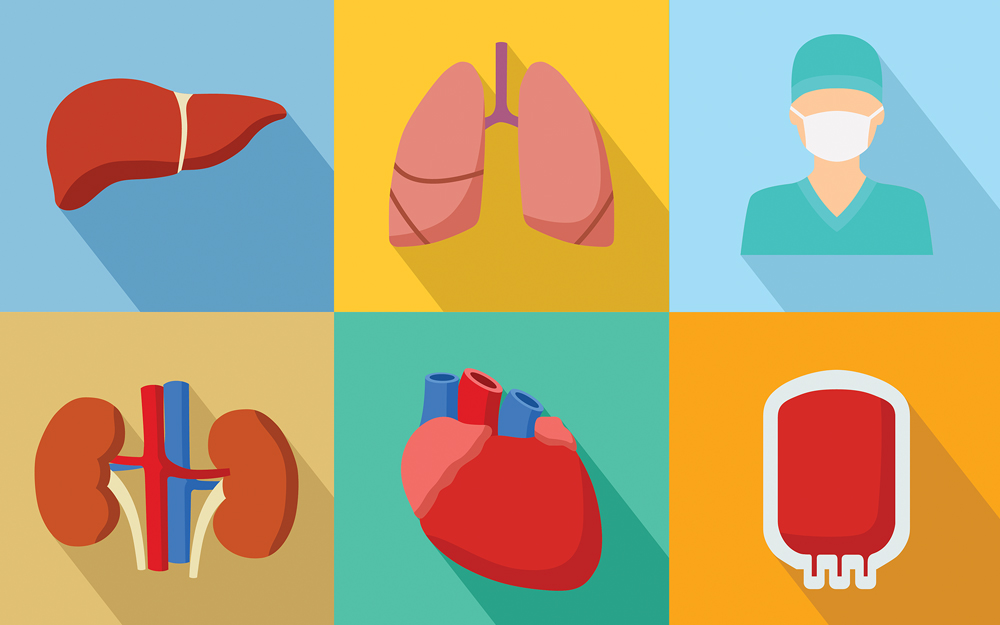A recent study conducted by researchers in Quebec has shed light on the impact of organ donation after medical assistance in dying (MAiD). The study, published in the Canadian Medical Association Journal, analyzed data on all patients referred to Transplant Québec for potential organ donation after MAiD from January 2018 to December 2022. This five-year period represented the first full years in which organ donation after MAiD was permitted in the province.
During the study period, Transplant Québec received a total of 245 referrals for donation after MAiD. The number of annual referrals increased from 21 in 2018 to 109 in 2022. The total number of patients who became organ donors after MAiD was 64, with the number rising from eight in 2018 to 24 in 2022.
The study revealed that organ donations after MAiD accounted for 14% of all deceased organ donations in 2022. The majority of donors had neurodegenerative diseases, with amyotrophic lateral sclerosis being the most common condition. The average age of organ donors after MAiD was 60, and 64% of them were male.
Dr. Matthew Weiss, a pediatric critical care physician at Center Mère-Enfant Soleil du CHU de Québec and medical director at Transplant Québec, co-authored the study. He stated that the analysis demonstrates that organ donation organizations can establish systems to honor the wishes of patients pursuing MAiD to donate their organs after death.
However, the study also highlights the need for further research to optimize the system and ensure that donation requests are handled in the most ethical and medically effective manner.
One significant limitation of the study is the lack of information regarding the number of patients offered the choice to donate after MAiD and the consent rate within that group, as there is currently no system in place to track this data.
The authors of the study emphasize the vulnerability of patients considering MAiD, as they are suffering from incurable diseases that cause immense pain. Respecting the desire of these patients to help others through organ donation is crucial. However, it is essential that the system upholds their autonomy and dignity throughout the process.
In conclusion, the study provides valuable insights into the prevalence and impact of organ donation after MAiD in Quebec. It highlights the need for ongoing research and the development of effective systems to ensure that patients’ wishes are honored while maintaining ethical and medical standards.
*Note:
1. Source: Coherent Market Insights, Public sources, Desk research
2. We have leveraged AI tools to mine information and compile it




